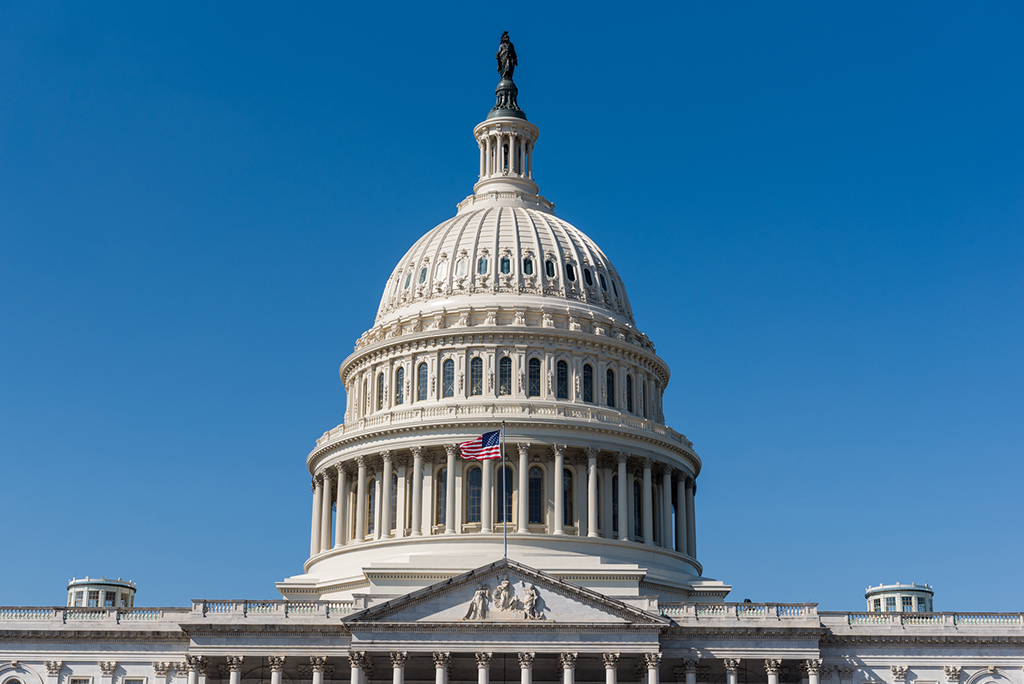
Days after Veterans’ Day, a pivotal congressional hearing signaled that psychedelic therapy is potentially one inch closer to gaining traction in the U.S. when it comes to treating mental health issues.
The House Committee on Veterans’ Affairs’ Subcommittee on Health held what appears to be its first official hearing on the use of psychedelic therapies for veterans’ mental health care.
The hearing, which was held earlier this week, included statements from Dr. Carolyn Clancy, the assistant under secretary for health in the office of discovery, education and affiliate networks at the Department of Veterans Affairs (VA).
The hearing also featured testimonies from other VA officials, as well as psychiatrists, researchers, veteran advocates and veteran clinical trial participants.
During Clancy’s opening statement, she noted that the VA is committed to studying psychedelics for the treatment of PTSD and other mental health issues like depression and substance use disorders among veterans.
“The VA is committed to safely exploring all avenues that promote the health of the nation’s veterans,” Clancy said. “Our focus isn’t just on finding the best innovative treatments for our veterans, but on doing so safely. This is especially true for studies that test compounds like MDMA and psilocybin as part of an intensive psychotherapy program to treat veterans with PTSD, depression and other mental health issues.”
The VA itself is conducting some of these studies on psychedelic-assisted therapy, but Clancy noted the agency was looking to do outside research on the drugs as well.
One recent study published in Nature Medicine found that MDMA-assisted therapy was effective in alleviating PTSD symptoms.
Due to the impact of war and lingering challenges related to PSTD, veterans face a heightened risk of mental health issues compared to citizens. Additionally, the average number of daily suicides among veterans has risen over the past two decades from 81 per day in 2001 to 121 per day in 2020, according to data from the VA.
Veterans’ health advocate Brett Waters, who is the founder and executive director of Reason for Hope and the Veteran Mental Health Leadership Coalition, said during the hearing that he’s seen psychedelic therapy be beneficial for veterans.
He noted that veterans often credit psychedelic therapy not only with saving their lives, but also instilling a renewed sense of purpose, meaning and connection to themselves.
“With dozens of veterans dying by suicide each day, it is morally unacceptable that so many have been forced to leave the country they served to access these lifesaving therapies,” he said.
Veterans have long been advocates for psychedelic-assisted therapies, with many often traveling to Mexico to gain access to treatments that are illegal in the U.S.
To accommodate this trend, the nonprofit Veterans Exploring Treatment Solutions funds grants for veterans to travel to Mexico for psychedelic-assisted treatments when all other traditional medications have failed.
“It gets the job done… flat out,” former Navy SEAL Marcus Capone told CBS News about psychedelic-assisted therapy for his PTSD and traumatic brain injury. “Traditional approaches are very difficult to solve those problems.”
Still, getting the research and regulatory framework to catch up in the U.S. may take a while.
Over the summer, the Food and Drug Administration laid out first-ever guidelines for psychedelic drug trials – hinting that the federal government is slowly moving toward the idea that drugs like psilocybin are worth examining further for their mental health benefits.
While that may take a while, open conversation around psychedelics is certainly growing.
Just a month ago, the VA launched a new podcast series dubbed “New Horizons in Health,” which examines cutting-edge research and treatments at the VA. Its very first episode focused entirely on the beneficial use of psychedelics among veterans.
